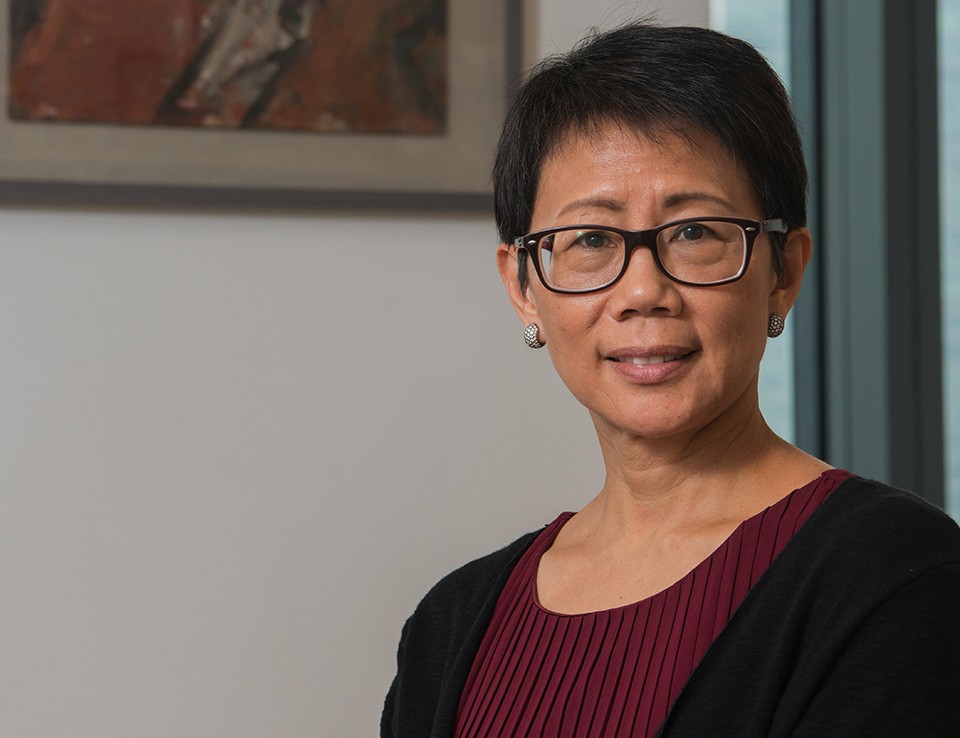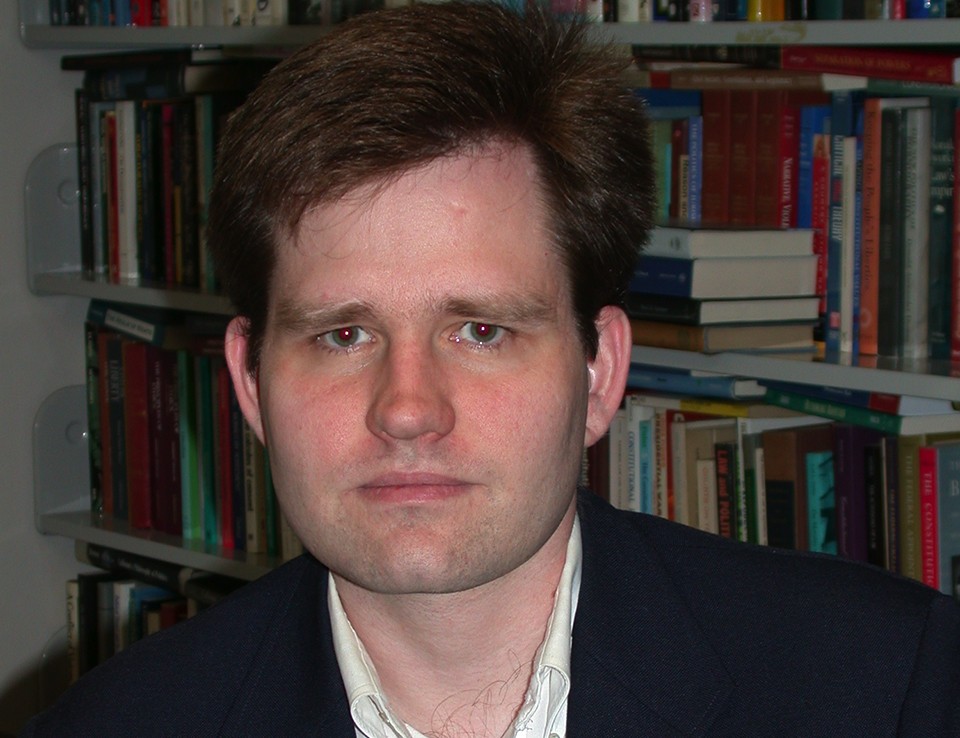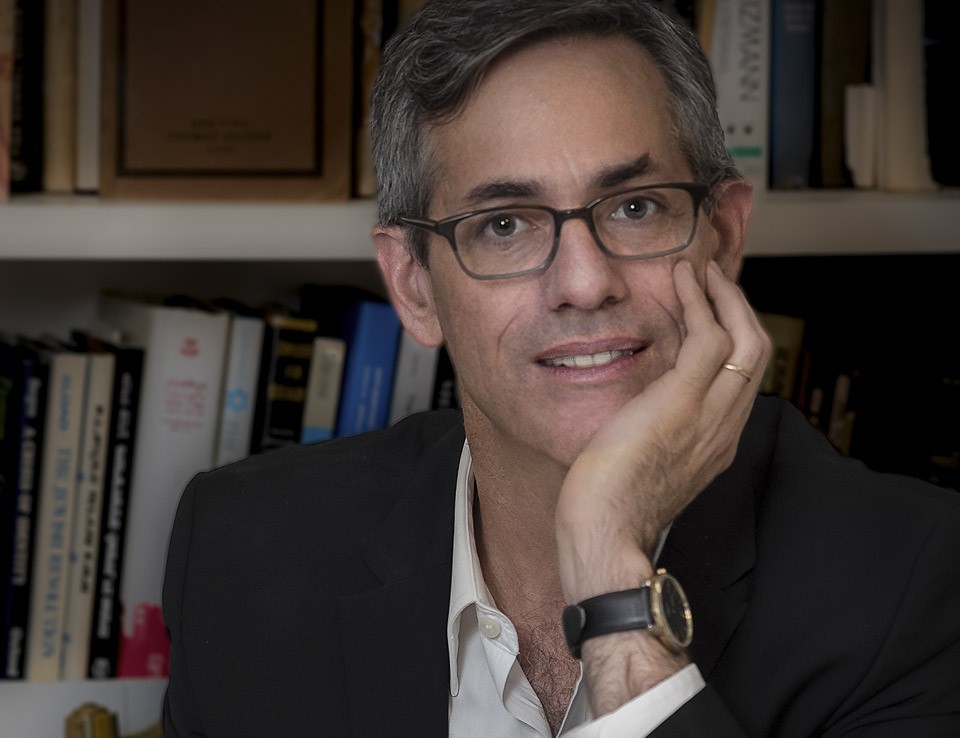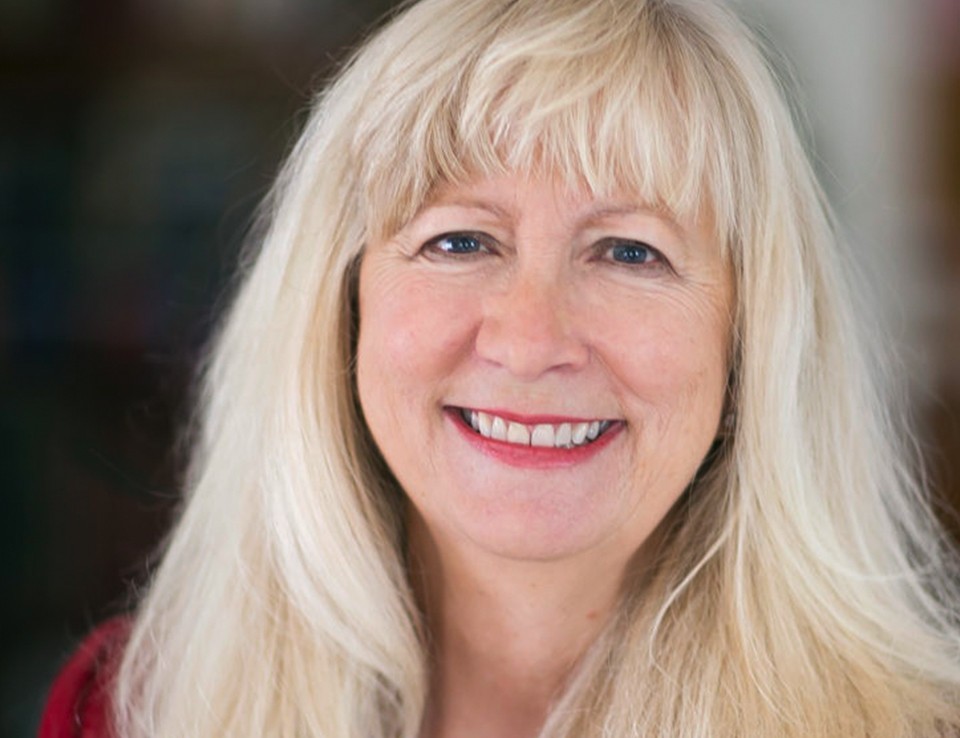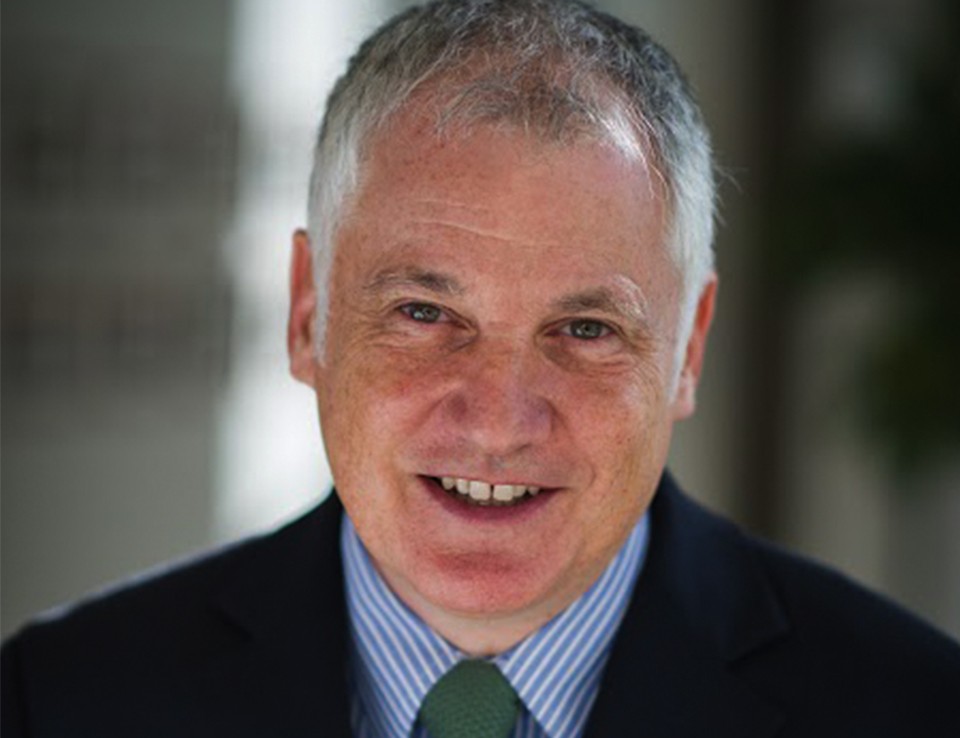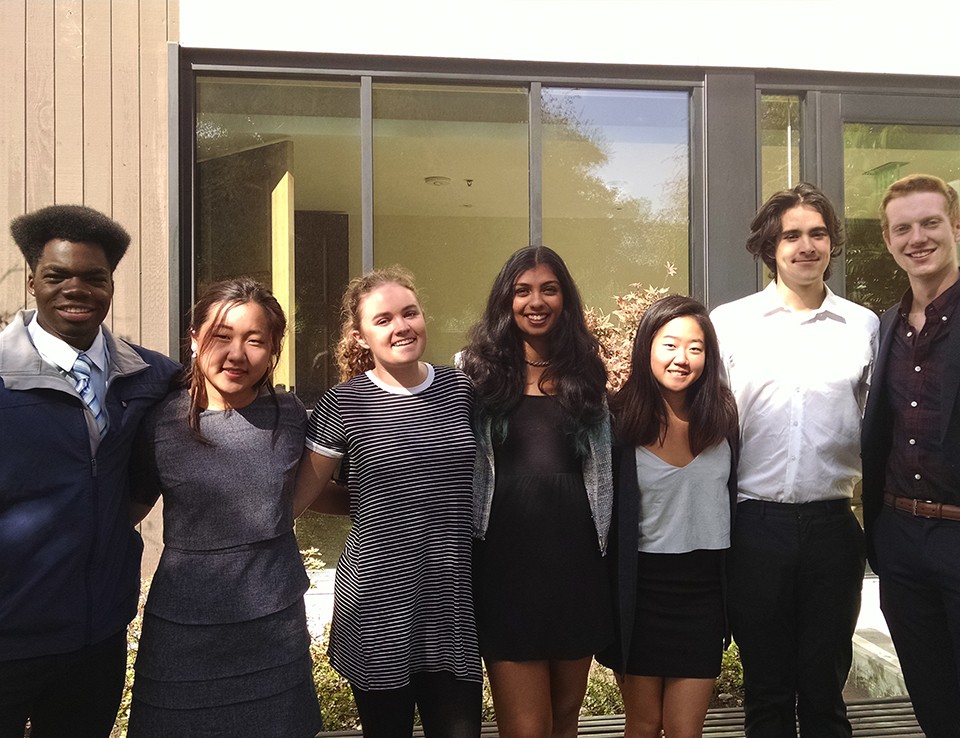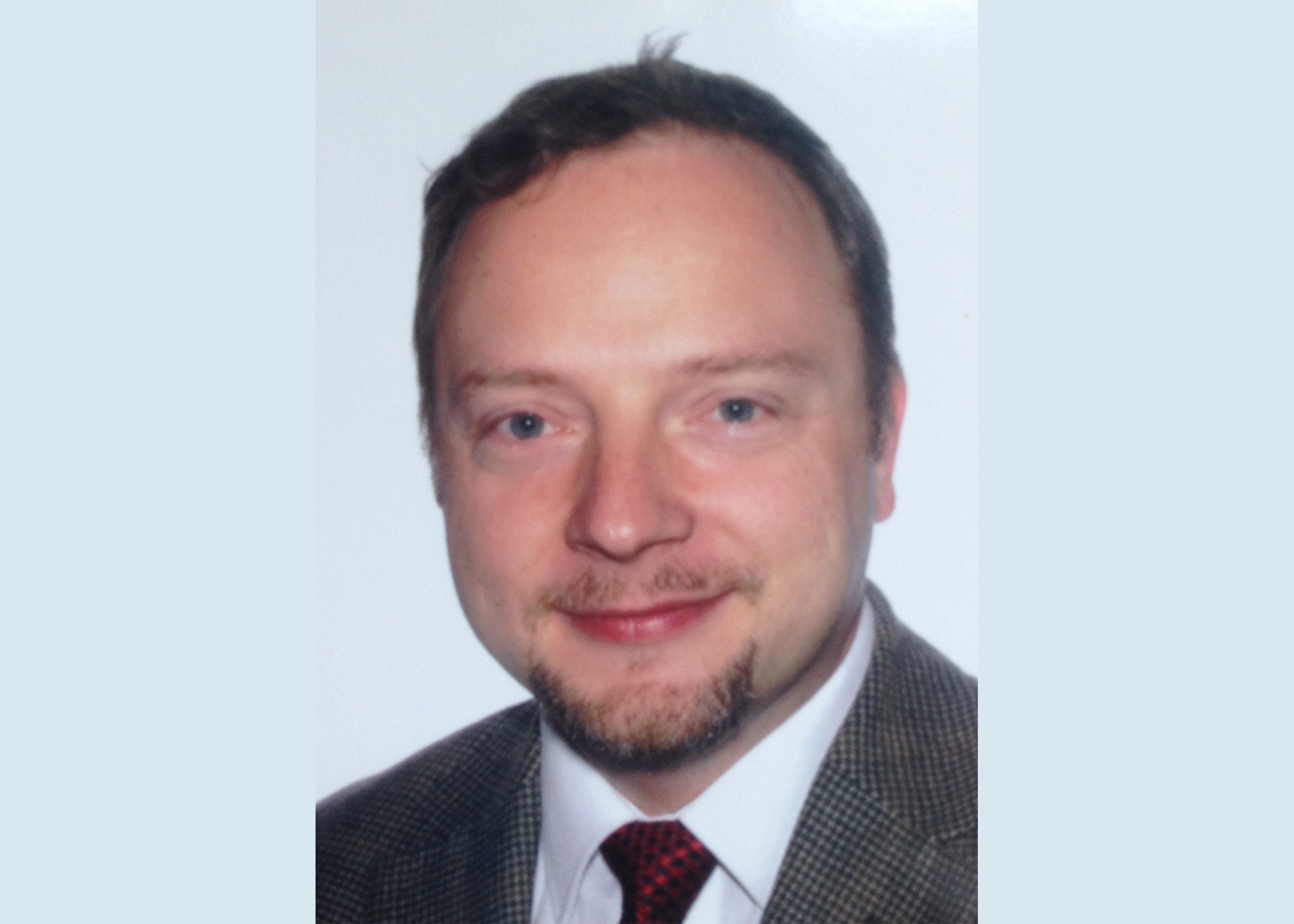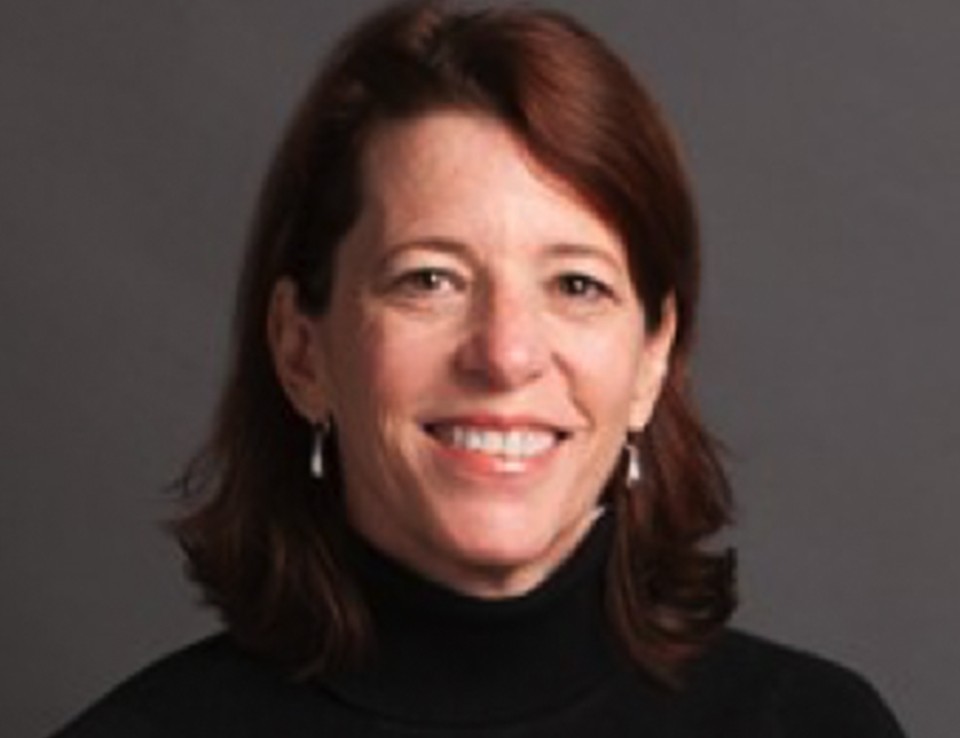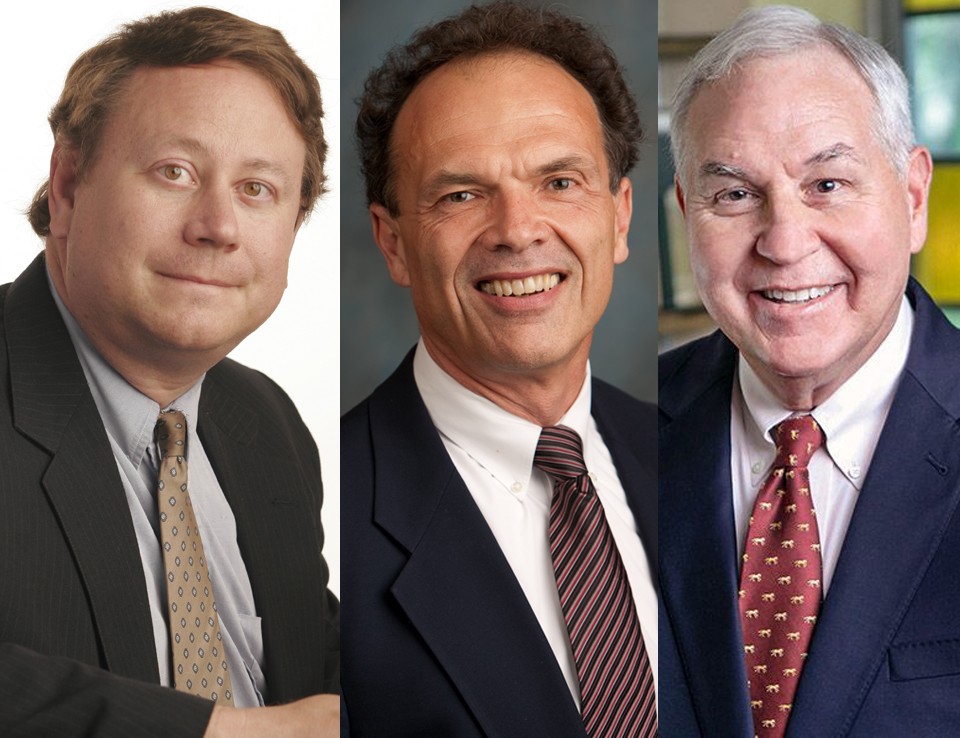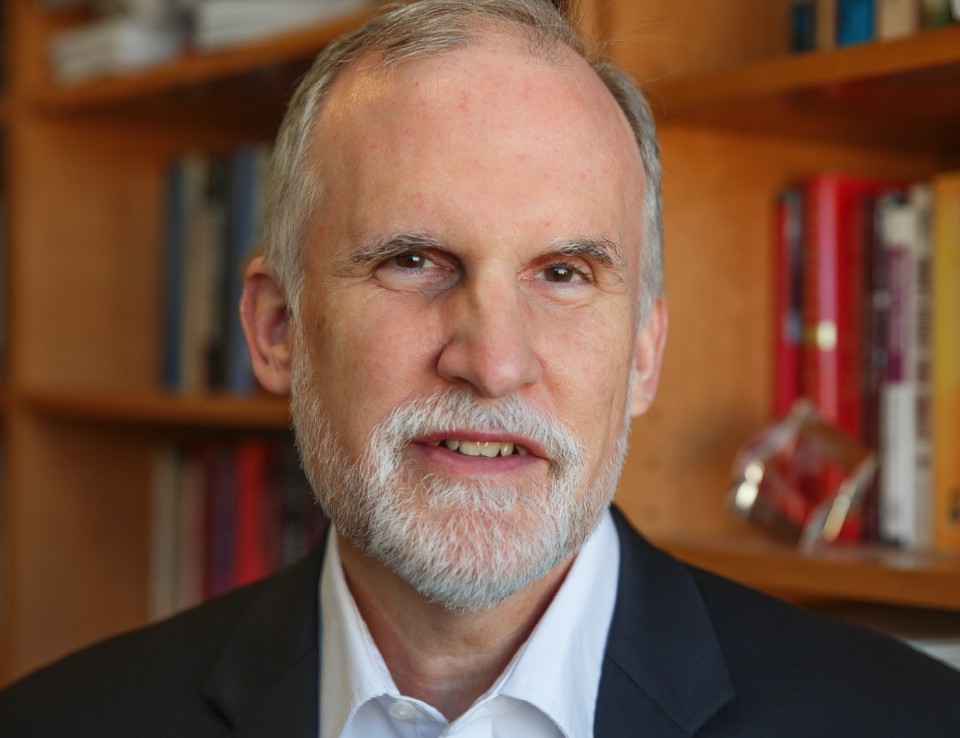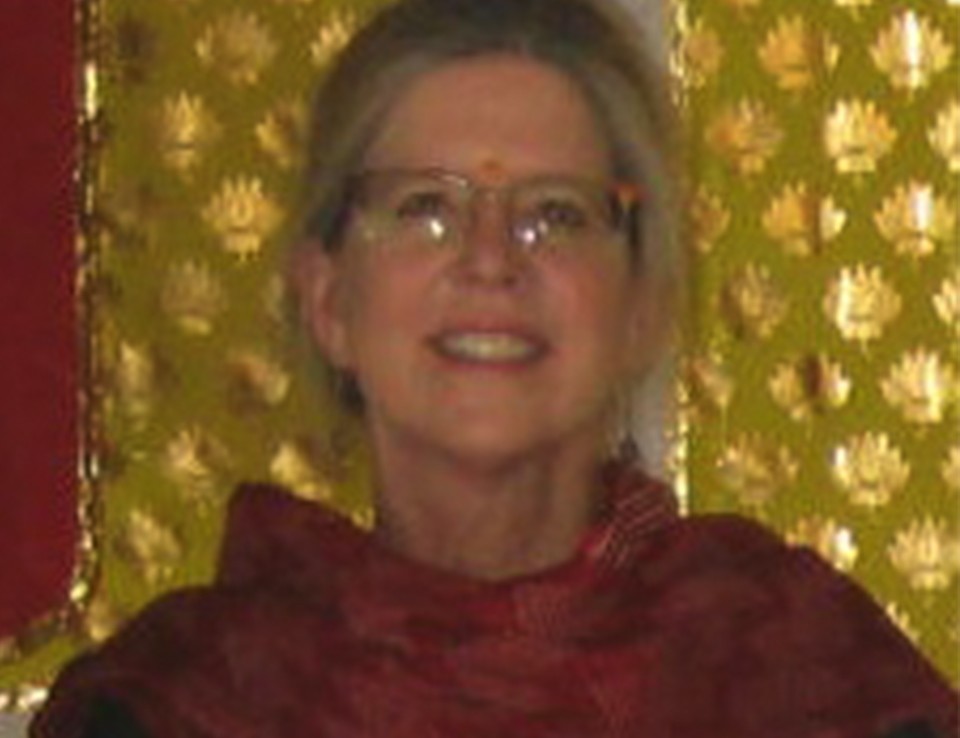Past Semester Schedules
Thu, October 26, 2017
Lunch Program
Keith E. Whittington
Thu, October 26, 2017
Dinner Program
David N. Myers
Fri, October 27, 2017
Lunch Program
Valerie Ramey
Mon, October 30, 2017
Dinner Program
José Medina
Wed, November 1, 2017
Dinner Program
Steve Kotkin
Thu, November 2, 2017
Lunch Program
Panel
Fri, November 3, 2017
Lunch Program
Pavel Černoch
Mon, November 6, 2017
Lunch Program
Deborah Gonzalez ’85 P'14
Mon, November 6, 2017
Dinner Program
Lisa Randall
Tue, November 7, 2017
Lunch Program
Roderic Camp, Carlos Garcia de Alba, and David Dreier, panelists
Tue, November 7, 2017
Dinner Program
Andrew Busch, Jack Pitney, and Michael Nelson, panelists
Tue, November 7, 2017
Dinner Program
Bruce Dickson
Wed, November 8, 2017
Dinner Program
Nancy A. Martin
Thu, November 9, 2017
Lunch Program
Gloria Walton

